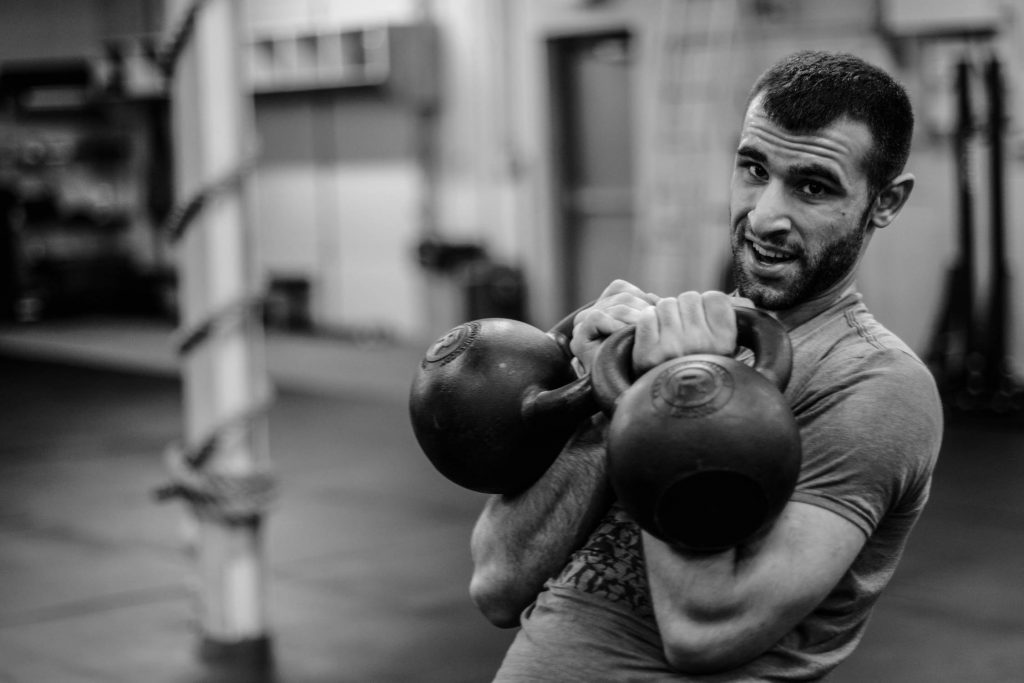really?
pride, progress, and programming…
in anthropology they taught us to operationalize our definitions – too often words are saddled with baggage, with unintended meaning and judgement. so here we go – in the gym we deal with exercisers and athletes. this is not a judgement but a useful classification – a matter of utility, not hierarchy. when dealing with athletes we are working with individuals who have a concrete measure of fitness outside the gym. a competition or adversary of some sort, a set of circumstances to prepare for – to set themselves against and to test the work we have done. the exerciser is in the gym for other reasons, psychological or health based, their motivator is internal – is based in ego. in pride and self perception. for the exerciser, the work is the reward – it is an end in itself and therefore has a different approach, and a different measure of success and of failure.
i, for one, am an exerciser. while admitting it definitely makes me uncomfortable, defensive even – that is my issue, and not a reflection on the utility of the term. as an exerciser my self imposed goal is one of personal growth – sub goals like a 500# deadlift or a 6:45 2k row are arbitrary, ever moving, and purely self referential. when working with an exerciser it is worth remembering that being in the gym is the goal – that the process is actually more important than any of the weights or times claimed along the way. there is often a morbid enjoyment from the exerciser – an individual who flees comfort to expand their understanding of self. it is a necessary part for most of us – the hard, the hurt, the suck – we need to “suffer” to believe that we are actually growing. for the athlete, the suffering is still there – but it is a cost – not a goal. for the athlete the goal is to spend the minimal time required inside the gym. to get the best return for the cheapest price. their suffering is best spent elsewhere.
the first thing we do when someone approaches us about training is to identify why they are training in the first place. to find out how they will measure success, and through that how we can be useful to the individual. for athletes our goal is to support their endeavors – to make the changes required of their fitness to allow them to practice their craft at the highest level and with the minimum chance of injury. with athletes the focus is always on sport performance, their likes and dislikes inside the gym only matter as much as is required to get them to do the work. for the athlete we seek nothing more than obsolesce – success means we have changed them. shaped them. given them the best possible tool set to tackle their desired task, and a simple program to maintain it. for the exerciser, on the other hand, the work is aimed at their mind and at their heart. we seek to give them knowledge and a sense of self. sure we use the same tools, the same weights and machines to apply the pressure – but we do so with a different goal in mind – and a different measuring stick. the exerciser can be both more fluid and more rigid. mistakes do not carry the same cost – and since all goals are arbitrary they gain and loose importance as we see fit. we lean into the hard because we need it to be hard. we use the gym as therapy – to shape and polish ourselves into an image – into a creature not of circumstance but of our own choosing.
it is relatively simple. triage. order of importance. cost benefit and management of risk. nothing is one dimensional – what costs our bodies may feed our soul, the question is how much? is it worth it? and am i paying attention to the right things? classifying your goals early will help you keep the right metrics in focus – to be able to cycle frequently between the big picture and the next step. self knowledge is a marvelous tool, it frees us from wasting time fighting the wrong battles. remember that other peoples goals and opinions do not effect your own – we all believe that what we are doing is right, that is why we do it. as instructors though we can not afford to ignore the difference – we owe it to those in our care, to respect their goals, and by whatever method required – help them grow.
always.
-the station

3screensavers